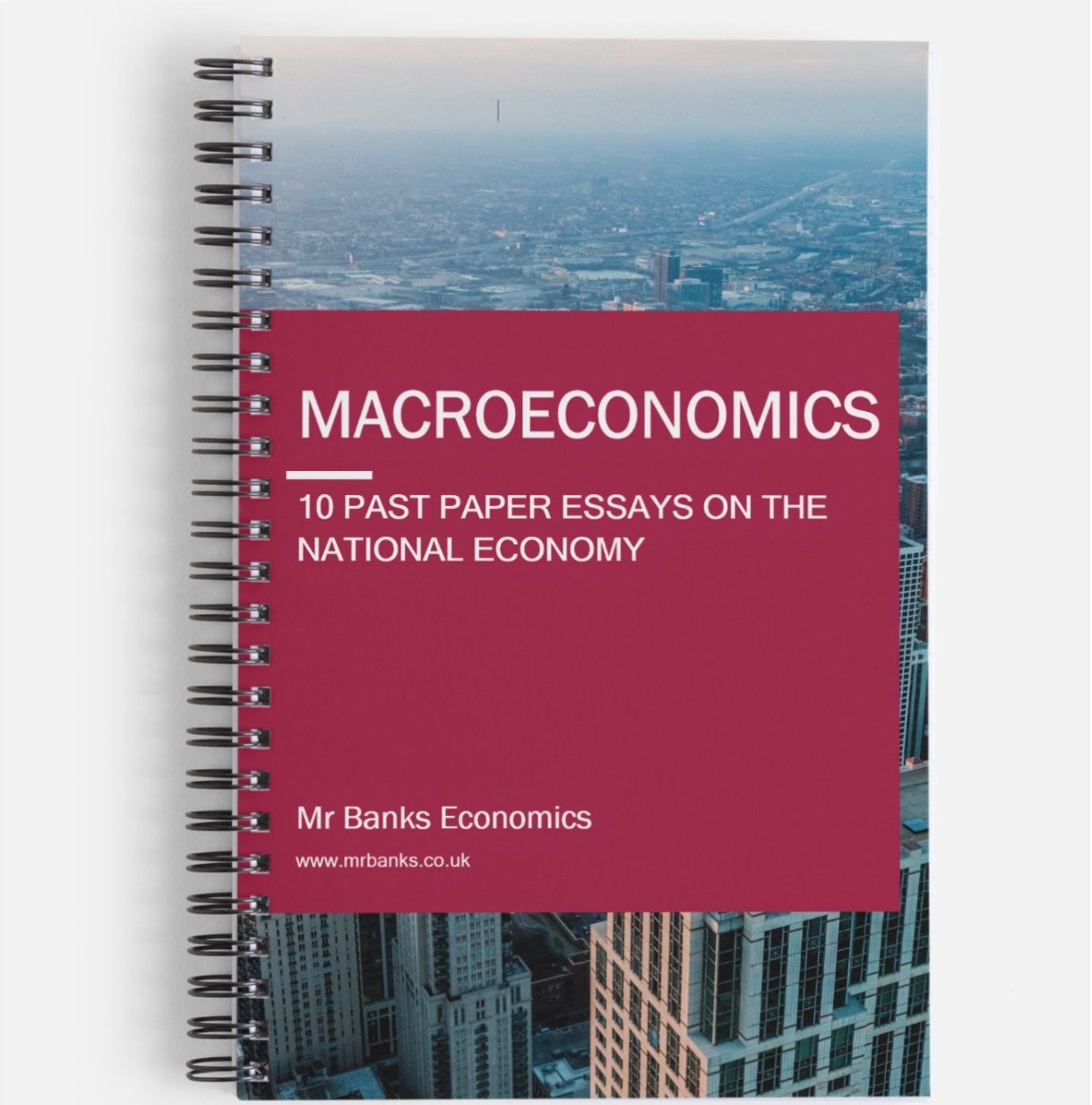State Provision
A-level Economics
How governments intervene
The government can choose to provide goods and services if it feels a market is unable to provide the efficient quantity itself. They use tax revenue which they receive from taxpayers' to pay for these services.
What are some of the examples of state provision?
Some examples include the NHS healthcare system, the police force, flood defences and the army. All of this is provided by the state with taxpayer money. The government may choose to produce the good/service themselves, or they instead may turn to the private sector and purchase goods/services from them. An example of this is NHS dentists. Some private clinics offer their services free of charge to NHS patients, and instead send the bill to the NHS to pay after the treatment is provided.
What are the advantages of state provision?
State provision redistributes income and wealth: tax money that comes from rich people is used to pay for good/services that poorer people are unable to afford. It helps lessen inequality.
It increases consumption of merit/public goods: things like education/health/flood defences, if provided will be consumed at higher levels than if the free market were to provide itself. This is because state provision is usually free or largely free.
What are the disadvantages of state provision?
Absence of market forces: the government provides the goods/services without acting on information it receives from market forces. Firms in free market react to the price mechanism, and most of the time it produces an efficient outcome. The government does not have this information so excess demand/supply is more probable. Furthermore, the government is not under threat of going out of business, so they can get away with not understanding the customer's needs. It leads to misallocation of resources and not satisfying needs and wants.
Opportunity Costs: the government is spending taxpayer money on providing goods/services. It comes at an opportunity cost in that there is less money available to spend on other projects.
Reduces independence of the consumer: if the government is too relaxed, it can attract unwanted behaviour. For example, overuse of the NHS - calling a doctor when you have a cold is not what you should be using the NHS for. People learn to expect healthcare to be free, when in other countries healthcare is a premium service that you must pay for!
What have we learned?
What is state provision?
When is it used?
Advantages and disadvantages of state provision.
IF YOU WANT GOOD GRADES FAST, BUY THESE BOOKS!
MACROECONOMICS MODEL ANSWER BOOK
10 Past Papers with Model Answers on the National Economy
Written by an experienced Economics tutor
Full model answers with diagrams
Suitable for all UK Economics exam boards
Physical booklet
£20.00
MICROECONOMICS MODEL ANSWER BOOK
10 Past Papers with Model Answers on Market Failure
Written by an experienced Economics tutor
Full model answers with diagrams
Suitable for all UK Economics exam boards
Physical booklet
£20.00


